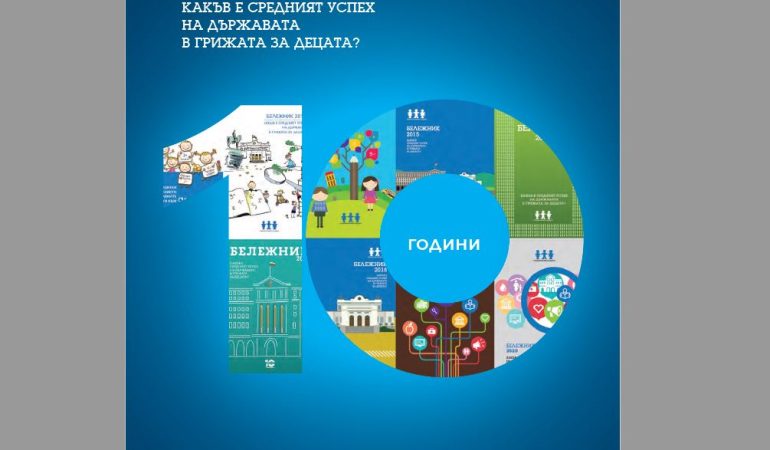“Report Card 2021: What Is the State’s Average Success in Caring for Children?” is the tenth consecutive annual report by the National Network for Children. The report evaluates the realization, within the calendar year 2020, of children’s rights through the state policies implemented for children and their families.
The main goal of the “Report Card” is to conduct an annual, independent monitoring of children’s rights based on government actions, supported by facts and data. The report also offers recommendations to support the improvement of policies and practices for children and families in the country.
In the “Report Card,” the National Network for Children provides an in-depth analysis of the work of the government and institutions in various areas and assesses progress in eight key directions: children’s well-being, protection from violence, early childhood development, child health, education, family environment and alternative care, juvenile justice, and children’s participation. The overall score the state and institutions received for their work last year is an average of 3.19.
This year, the authors of the “Report Card” are 39 experts from civil organizations and 7 external evaluators. A survey involved 700 children, young people, parents, and professionals, as well as child “reporters” from the National Eurochild Forum. The document’s development was based on facts and data obtained under the Access to Public Information Act, as well as reports from institutions and media publications. In addition to current assessments, the jubilee edition of the Report Card contains an overview of achievements over the past 10 years, highlighting the main focuses, problem areas, and successes of the decade.



